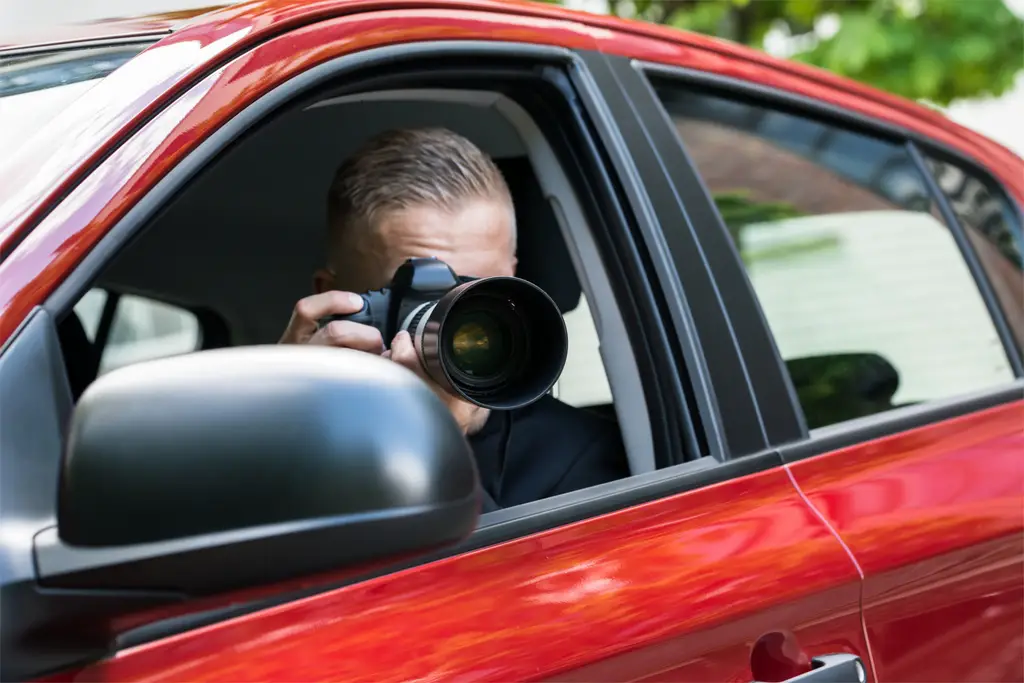
What image comes to mind when you hear the word “paparazzi”? If you picture photographers relentlessly following celebrities, then you’re probably right on. But where did the term “paparazzi” come from, and how did it come to represent a group of freelance photographers whose goal is to get a big money shot of a celebrity?
The origin of the paparazzi can be traced back to the late 1950s. Magazines were looking for pictures of celebrities that weren’t staged, and they were prepared to offer a healthy payment to those that could get them candid photos, especially those that put celebrities in compromising positions.
The first of these was taken by a photographer named Tazio Secchiaroli in Rome in 1958. He took a shot of King Farouk of Egypt as he became upset after being photographed while he sat with two women, neither of which were his wife. The pair got in a scuffle, and a partner with Secchiaroli got another shot of the scene. The beginnings of a new type of photographer had begun, but these men weren’t known as paparazzi–yet.
An Italian film producer named Federico Fellini was working on a plot for a film about the current culture in Rome at the time, which was that of self-indulgence and high society. Fellini contacted Secchiarioli and even modeled the news photographer character in the movie after him, calling him Paparazzo. The film came out in 1960 and was called La Dolce Vita, which literally translates as “the sweet life.”
There are several theories on how Fellini came up with the name, Paparazzo. Fellini was quoted in Time magazine as saying that the word reminded him of “a buzzing insect, hovering, darting, stinging.”
Another theory says that the word came from the name of a man that ran a hotel in Catanzaro, Italy, named Coriolano Paparazzo. The name was recorded by an English author named George Gissing, who wrote a travel book in 1901 called By the Ionian Sea that documented his travels through southern Italy. Ennio Flaiano, a screenwriter on the film, was said to have read an Italian translation of Gissing’s book sometime in 1958 and found the name Paparazzo.
Regardless of the true original origin, the plural of Paparazzo (paparazzi) has become associated with those aggressive groups of photographers that follow celebrities everywhere they go to get that one picture that is anything but staged.
Sources: NY Times, World Wide Words, The Guardian, Cambridge Dictionary

